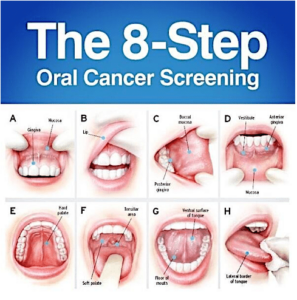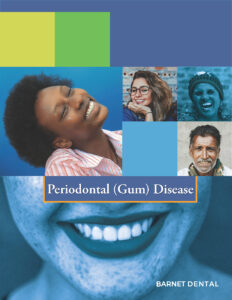1-888-3289
specialty
find a dentist
Search by name, specialty and more
services
locations
View locations, hours and contact information
Patients & Visitors
Access the information and resources
you need
you need
Contact Us

